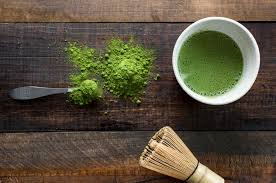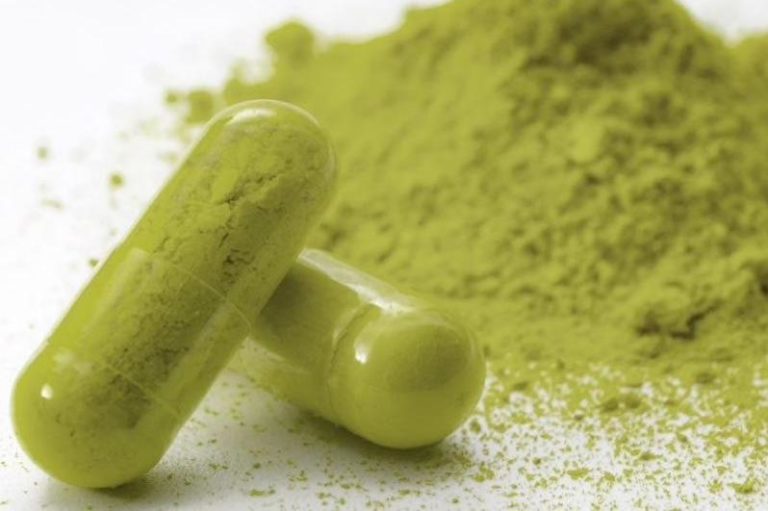The Herbal Supplement Kratom Comes With Risks
Kratom, an herbal supplement available at vape shops and online stores, has been linked to 91 deaths over 18 months from July 2016 to December 2017, according to a report by the U.S. Centers for Disease Control and Prevention.
Those deaths made up less than 1 percent of the 27,338 overdose fatalities analyzed for the report, released online on April 12. Although small, the numbers point to increasing numbers of people using the plant to combat pain, depression and even opioid addiction.
Here, scientists weigh in on what’s known and unknown about the herbal supplement.
What is kratom, and why are people using it?
The supplement is mashed leaves from the tropical tree Mitragyna speciosa, a coffee cousin that grows in the warm, wet forests of Southeast Asia. Pulverized leaves create a green powder that can be dissolved in tea, packed into pill capsules or extracted into alcohol. Traditionally, workers chew the leaves in search of a mild stimulant effect during the day, and then drink tea to relieve pain, says pharmacologist and toxicologist Oliver Grundmann of the University of Florida in Gainesville.
In a survey of about 8,000 kratom users in the United States, 68 percent used kratom for pain, and 66.5 percent used it for emotional or mental conditions, Grundmann reported in Drug and Alcohol Dependence in 2017. A smaller fraction of people used kratom to help with drug dependency.
Is kratom an opioid?
No, Spiller says. Scientists are still working to pin down the behavior of various kratom compounds. Some of kratom’s ingredients seem to weakly bind to a protein in the body and brain that is activated by opioids. But so far, it’s clear that kratom doesn’t act like an opioid, Spiller says.
In an analysis of kratom-linked health problems, Spiller and his colleagues found that the most common symptoms were racing hearts and irritability, not respiratory depression, drowsiness or coma, which are typical during an opioid overdose.
As for the source itself, “a lot of people consider it natural. It’s a plant,” Spiller says. “That doesn’t necessarily mean that it is safe.” In their analyses, Spiller and his colleagues described five cases of neonatal withdrawal syndrome thought to be caused by kratom use in the mother. Something that can cause that “is a really potent substance,” Spiller says. “That’s a marker to me that we have to be really cautious with this one.”




